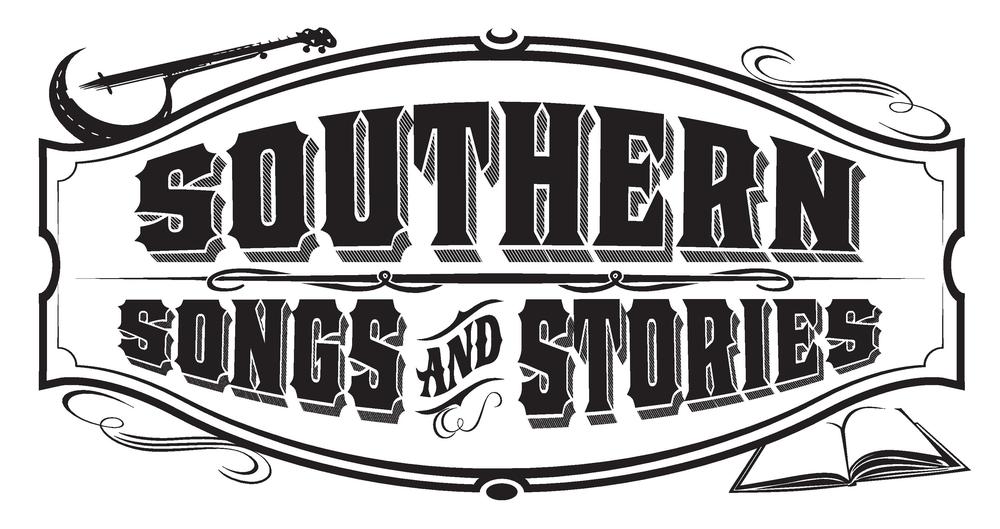It would be very easy to think that rap and hip hop have little if anything in common with music like bluegrass and old time. After all, we have been led to believe that these styles of music come from cultures on opposite sides of the musical spectrum. How could the two have any common ground? Actually, they have many more connections than you might imagine. This connection is embodied in groups like Gangstagrass and in recent work by Jake Blount, and as members of Gangstagrass point out in our conversation here, rap and folk music both stem from the same instincts. At its heart, this is about a musical path that diverged centuries ago, or at least seemed to.
In this episode we speak with Dolio the Sleuth, Rench the Mastermind and B.E. Farrow of Gangstagrass, as well as Dan Tyminski, who performed with them last fall, and we welcome Dr. Jordan Laney of Virginia Tech and the Virginia Rural Health Association, and author, podcaster and former editor at No Depression and Folk Alley, Kim Ruehl, as we unravel a story that began centuries ago, but has only recently reached a pivotal chapter in its history.
Gangstagrass
Songs heard in this episode:
“Floo-id” by Turbo Pro Project, from Daydream, excerpt
“The Downward Road” featuring Demeanor, by Jake Blount, from The New Faith, excerpt
“Ride With You” by Gangstagrass, from No Time For Enemies, excerpt“Talking Columbia” by Woody Guthrie, from Hard
Travelin’: The Asch Recordings, Vol. 3, excerpt“Nickel and Dime Blues” by Gangstagrass, from No Time For Enemies
We are glad you came by, and are even more grateful whenever you share this with someone. Please follow us on your podcast platform of choice, and then it will only take a minute to give it a good rating and, where it is an option, a review. Great ratings, and reviews especially, will make Southern Songs and Stories and the artists it profiles more likely to be found by more people just like you. This series is a part of the lineup of both public radio WNCW and Osiris Media, with all of the Osiris shows available here. You can also hear new episodes of this podcast on Bluegrass Planet Radio here. Thanks to Corrie Askew for producing the radio adaptations of this series on public radio WNCW, where we worked with Joshua Meng who wrote and performed our theme songs. Thanks also to our guests, and we encourage you to check out their work. You can find more about Kim Ruehl on her podcast Why We Write, and soon you can hear Jordan Laney’s podcast The Bessie Lee Society. This is Southern Songs and Stories: the music of the South and the artists who make it. — Joe Kendrick


